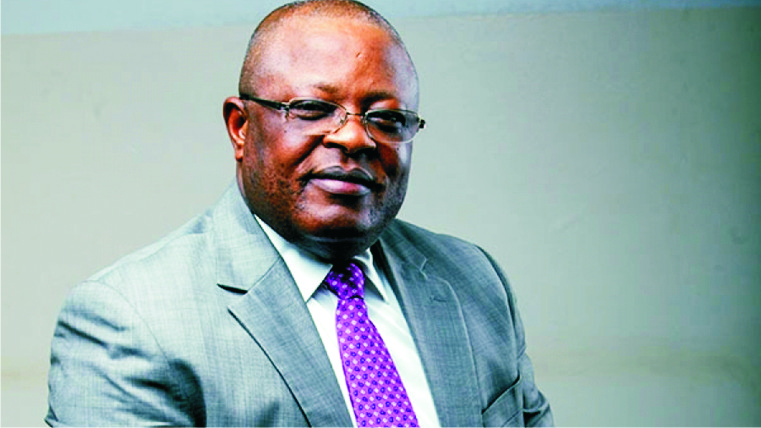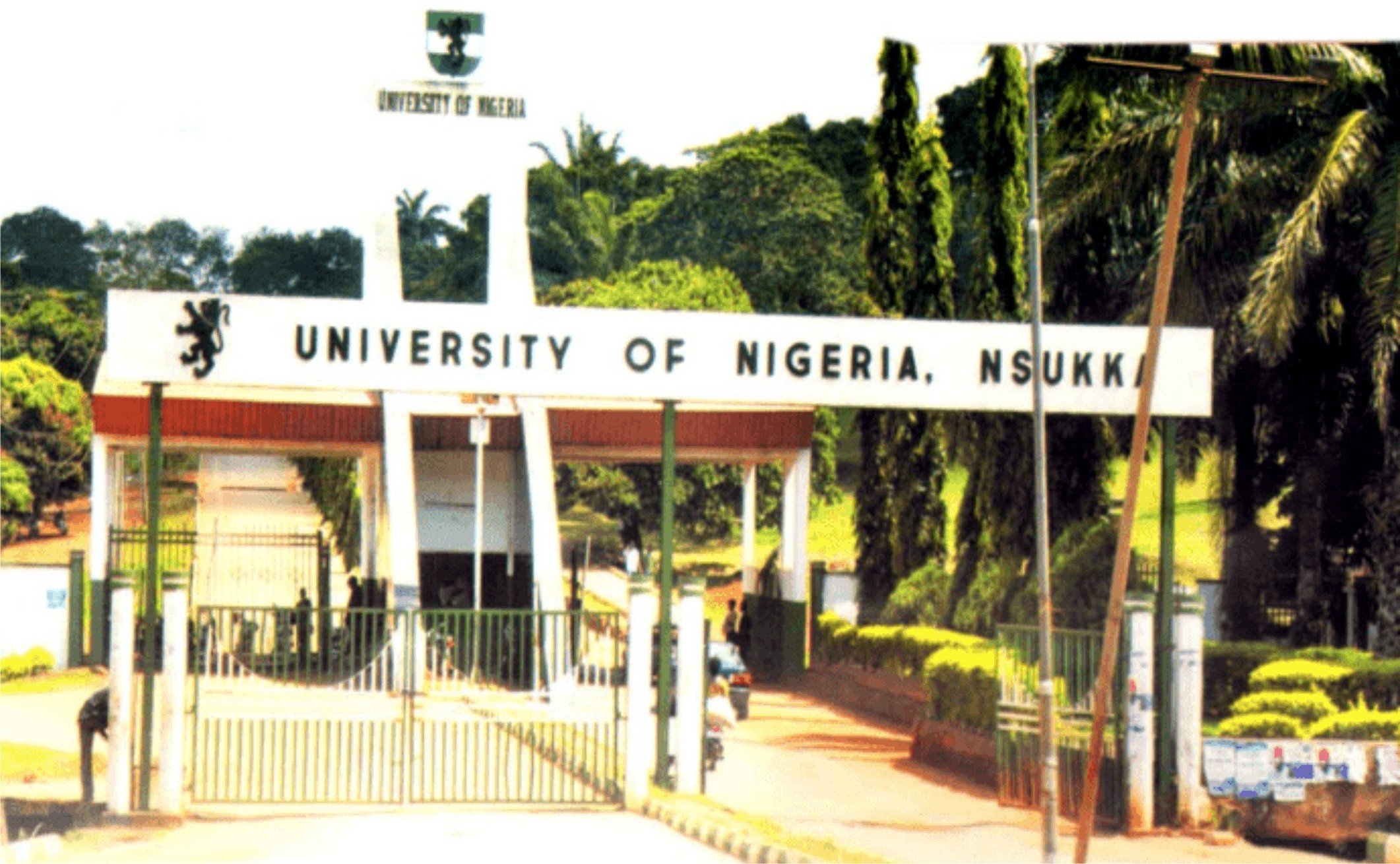Business
Q2: Starcomms Projects N752m Loss After Tax
Starcomms Plc has projected a turnover of N8.5 billion and loss after tax of N752 million for the half-year ended June 30, 2009.
The board of the company had reported a revenue of N8.522 billion for the first quarter ended March 31, 2009 as against N7.403 billion in 2008, representing a growth of 15 per cent, earnings before interest exchange differences taxes and depreciation (EBITA) increased by 106 per cent to N2.349 billion as against N1.139 billion in 2008 while operating profit was N409 million as against a loss of N683,00 in the first quarter of 2008.
Starcomms posted a turnvover of N345 bill in for the financial year-ended December 31, 2009 as against N19.1 billion in 2007, representing an increase of 80.3 per cent.
The company’s loss after tax stood at N8.08 billion compared with a profit after tax of N1.016 billion in 2007.
Chief Maan Lababidi, chairman of the company told the 11th annual general meeting of the company last week that the profitability in 2008 was impacted by the decline in the value of the naira versus the dollar, as the company at the end of 2008 had $247 million in the dollar denominated debt, adding that the board is monitoring closely foreign exchange exposure and will implement appropriate strategies to reduces this exposure.
He said that the company’s strategy for 2009 is designed to emphasise profitability after the rapid growth experienced in 2008, adding that network expansion and capital expenditure will be reduced considerably from N29.94 billion in 2008 to N11.47 billion in 2009.
The chairman said operating expenditure is also being tightly controlled, while subsidy levels are being reduced as a result of continuing decreases in CDMA handset prices.
He said entry level handsets are now well below the $30 mark and that the dramatic growth in CDMA subscribers in India and China, along with new multiband chipsets, are expected to continue to put downward pressure on handset prices.
Lababidi noted that the impact of the new strategy had already been seen in the first quarter of 2009 level of profitability.
Mr. Maher Qubain managing director and chief executive of Starcomms said the company has been focused to provide a high standard of service and therefore it would not sign-up subscribers unless it has the capacity to deliver a premium service. He said the present strategy of the company is to defend and grow revenues profitably and that this would be done via three drivers.
Moving into high value-added data and content services, targeting geographic expansion into fast growing locations and growing fixed and mobile services.
He said the company’s focus is on moving its business from basic voice and data connectivity to fully converged solutions that integrate voice data, content and Internet Services.
He said the company is embedding a culture of excellence in customer service as well as innovation, which is crucial in an increasingly competition environment.
The managing director of Starcomms Mission is to be a leading Nigerian telecommunications Services company, focused on long-term profitability through growth in fixed-wireless, mobile and broadband segments.
Starcomms strategy is designed to deliver sustainable, profitable growth going forward, noting that the creation of shareholder value is the underlying driver of every decision made.
Business
Telcos Fear Shutdown As Lagos-Calabar Highway Construction Threatens Cables

Barely 48 hours after Multichoice alerted subscribers to a three-day technical downtime, telecommunication companies have expressed concern over possible connectivity disruptions as construction advances on the 700km Lagos-Calabar Coastal Highway.
While the DStv and GOtv owner acknowledged the anticipated impact of the ongoing Lagos-Calabar construction project on their uplink facilities, telcos have expressed broader concerns emphasising the vital role of telecommunication service and the effect of possible anticipated technical disruption.
The Lagos-Calabar coastal highway corridor serves as a crucial landing point for multiple submarine cables connecting Nigeria to Europe
The cables, including the West Africa Cable System (WACS), MainOne, Glo1, ACE, and NCSCS, are vital for international communications and data transmission in the country.
The Federal Executive Council approved Phase One of the ambitious 700-km Lagos-Calabar coastal highway project in February, entrusting the task to Hitech Construction Company Limited.
The highway project was designed to connect Lagos to Cross River, passing through the coastal states of Ogun, Ondo, Delta, Edo Bayelsa, Rivers, and Akwa Ibom, before culminating in Cross River.
The demolition of numerous properties and recreational centres in Lagos has been carried out to expedite the construction of the highway.
In the light of the developments, telcos stressed the necessity of stakeholder consultations with the Ministry of Works to address potential risks and implement robust mitigation measures.
While dialogue with the Federal Government is yet to happen, telcos have warned Hitech Construction to exercise caution to prevent damage to critical national infrastructure.
Speaking to newsmen, the Chairman of the Association of Licensed Telecom Operators of Nigeria (ALTON), Gbenga Adebayo, confirmed that the Ministry of Works had yet to engage the telcos on environmental impact assessment.
The ALTON Chairman said the Ministry of Works, headed by David Umahi, had engaged some stakeholders but excluded the telecom operators.
“The Ministry of Works has not approached us, and I’m unsure if environmental impact assessments have been conducted. The route is crucial for the landing of numerous submarine cables, so caution is essential.
“Some members have reached out to them, urging caution. As the Chairman of the industry, I can affirm that ALTON members were not consulted regarding the assessment of the undersea cable within that right of way”, he explained.
Adebayo revealed that some of its members had written to the works ministry on the matter over the need for a dialogue. He, however, said the body had yet to get any response.
He added that the Nigerian Communications Commission (NCC) had been engaged to facilitate talks with the ministry.
“We’ve informed the Nigeria Communications Commission about this issue, and they are attempting to contact the Ministry of Works. However, I can confirm that neither we nor any of our members were contacted. This is on record. We were not included in the stakeholder consultations, and we’re concerned about the actions being taken”, he stated.
Business
Vets Make Case For Massive Investments In Agric Technology

Veterinary doctors have tasked governments at all levels and stakeholders to drive the agricultural sector with innovative and technological investments to upscale food production and boost food security.
President, Faculty of Veterinary Medicine, University of Nigeria, Nsukka, Alumni Association, Prof Lawrence Aka, made the call in an event in Abuja, following the current excruciating hunger and hardship Nigerians are grappling with.
In the event, which was focused on “Adopting Technological Innovations in Veterinary Practice, Livestock Production and General Agricultural Practices for Food Security, Economic Growth, Poverty Alleviation, Youth Employment and National Security”, Aka noted that agriculture, which is the backbone of human civilization, is at a crossroads, particularly in Nigeria.
According to him, agriculture is faced with challenges such as climate change, population growth, and diminishing natural resources, hence the need to reimagine and reinvent better ways to cultivate lands to improve national economy to nourish the people.
“The solution lies in innovation – leveraging technology to transform agriculture into a more sustainable, efficient, and productive sector.The subject of our discussion today is one that sits at the nexus of our survival and prosperity: ‘The adoption of innovative technology in agricultural production as a catalyst for economic growth and a pillar of national security’.
“In an era marked by rapid technological advancement, and our unique agricultural potential, agriculture remains the cornerstone of our economic stability and sustenance. Yet, it faces unprecedented neglect and challenges from climate change, population growth, resource depletion and lack of political will for its development.
“To navigate these challenges, we must pivot towards innovation and technology. This transition is not just an opportunity for growth but a necessity for our survival as a developing nation.
“There is no doubt that the current state of agriculture in our country does not match the potential it has in revamping all aspects of our existence as it relates to our economy, food security, youth empowerment, poverty alleviation and national security.
“The theme of this symposium has been chosen in recognition of the need for a diversification of our national economic agenda through an embrace of innovative and technologically-driven agricultural practices.
“Nigeria is uniquely blessed with enormous factors that positively drive abundant food production for local consumption and export.
“Unfortunately, this has hitherto been neglected to the detriment of improved economy, poverty alleviation, food sufficiency and national security hence the existing unimaginable level of poverty and youth unemployment. There is no dishonor in a country being poor.
Business
Aviation Experts Chat Way For Sector’s Advancement
Experts in aviation under the auspices of Aviation Safety Roundtable Initiative (ASRTI) havae urged President Bola Tinubu to suspend taxes, tariffs and endless charges hindering development of the aviation industry in the country.
The Aviation Roundtable (ART) also called on Tinubu to initiate policies that would address airlines’ survival and growth with a view to lowering the swift increase in domestic airfares.
In a statement released at the end of its Business Meeting in Lagos, the ART President, Air Comdr. Demola Onitiju (rtd), called on the Minister of Aviation and Aerospace Development, Mr. Festus Keyamo, to constitute governing boards for the Nigerian Civil Aviation Authority, (NCAA), and other agencies in the sector.
“The ART has been a consistent advocate of NCAA’s autonomy consistent with the Act establishing it and global best practices. We do this to ensure that it is adequately insulated from short-term political pressure.
“In the Nigerian circumstances, the NCAA is expected to be both benign and harsh in its spontaneous enforcement of standards and rules to retain our trust.
“In order to create a conducive environment for aviation and tourism to thrive, the ART urges the renewed hope agenda of President Bola Tinubu to initiate deliberate policies to review and suspend taxes, tariffs and charges (within a given time frame) in order to bring succour to aviation and allied businesses in Nigeria.
“Such policies should address airlines survival and growth with a view to lowering the recent astronomical increase in air fare on the domestic scene.
“The Consumer Rights Protection directorate in the NCAA should live up to its billing in ensuring maximum comfort and compensation for the traveling public promptly where infractions are established”, he stated.
Corlins Walter
-
Health2 days ago
RSU To Commence Entrepreneurship School
-

 Sports2 days ago
Sports2 days agoLegal Cloud Hangs Over Confed Cup Final
-

 News22 hours ago
News22 hours agoRSG To Establish Conflict Prevention, Peace Committee In 23 LGAs
-
Business21 hours ago
Aviation Experts Chat Way For Sector’s Advancement
-
Rivers3 days ago
Christ Embassy Lays Foundation For Tuition Free School In Rivers
-

 Rivers2 days ago
Rivers2 days agoChrist Embassy Lays Foundation For Tuition- Free School In Rivers
-
Niger Delta23 hours ago
Okomu Oil Threatens Shutdown Over Militants’ Invasions
-
Sports22 hours ago
Finidi Lists Three Foreign Assistants For Eagles

